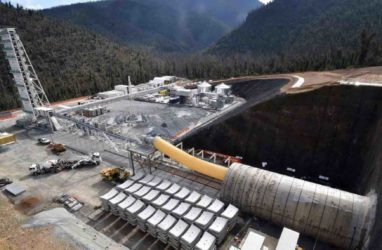California's recent identification of over 4,000 companies mandated to disclose greenhouse gas emissions and climate-related financial risks marks a pivotal moment in corporate governance and environmental accountability. With the implementation of two new laws, SB 253 and SB 261, starting in 2026, California is positioning itself as a national leader in climate reporting amidst stagnation at the federal level. These regulations will affect a significant portion of the S&P 500, with approximately 60% of the companies headquartered outside California, thereby extending the impact of these laws to businesses with substantial revenue generated within the state. This sweeping disclosure regime not only clarifies compliance expectations but also emphasizes the urgency for companies to adapt to evolving regulatory landscapes.
The implications of California's climate disclosure requirements are profound for both executives and investors, as they align closely with established frameworks like the Task Force on Climate-related Financial Disclosures (TCFD). By mandating Scope 3 emissions reporting, California is pushing companies to enhance supply chain transparency, a move that could reshape corporate risk management strategies. As the U.S. Securities and Exchange Commission grapples with its own climate disclosure rules, California's proactive stance effectively establishes a de facto national standard that many firms cannot afford to overlook. The forthcoming deadlines necessitate that boards and finance teams prioritize data systems and supplier engagement, while investors may recalibrate their assessments of corporate resilience across various sectors, underscoring the transition from voluntary to mandatory climate risk reporting.






